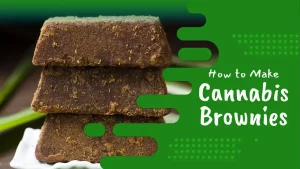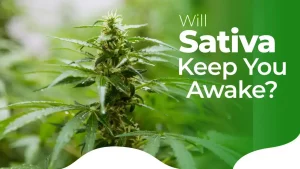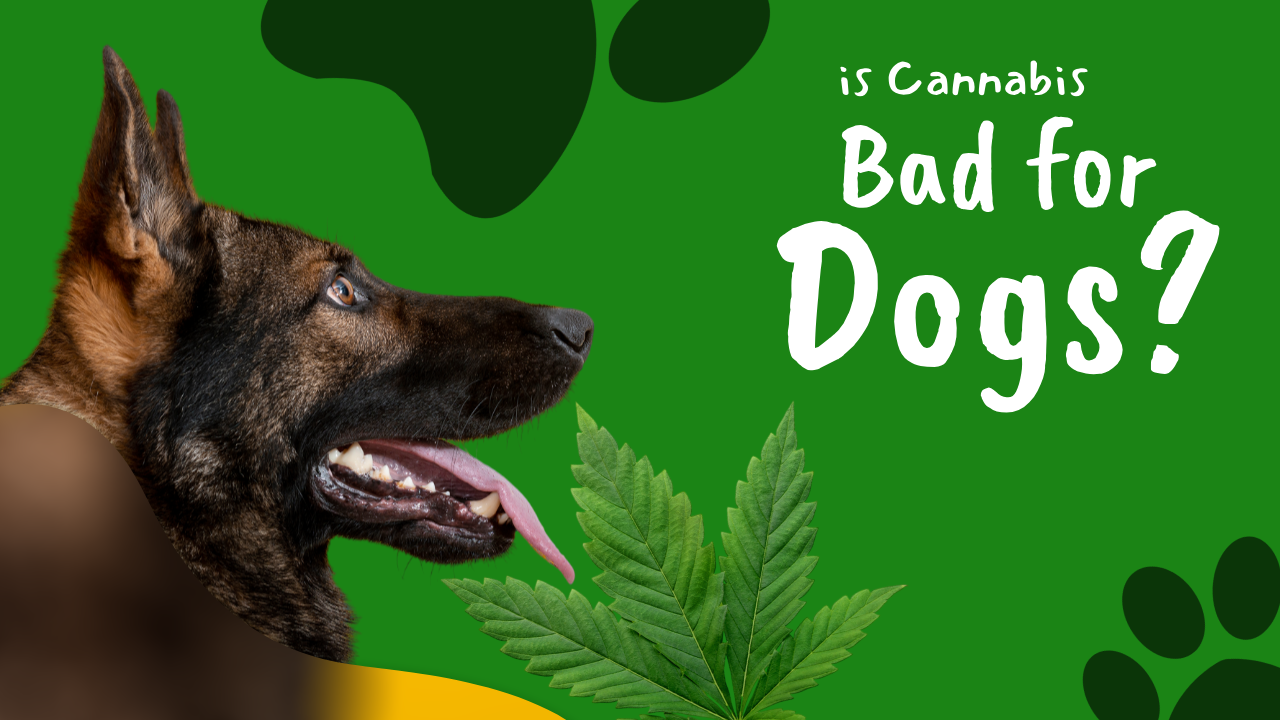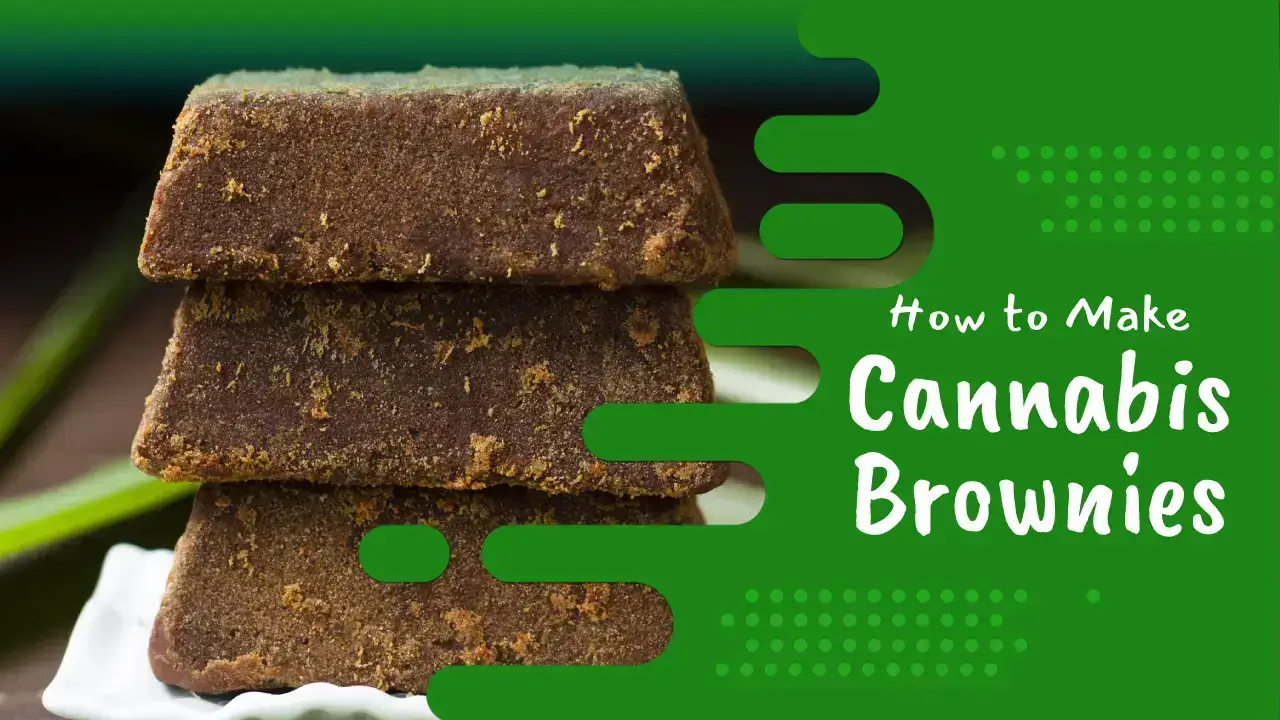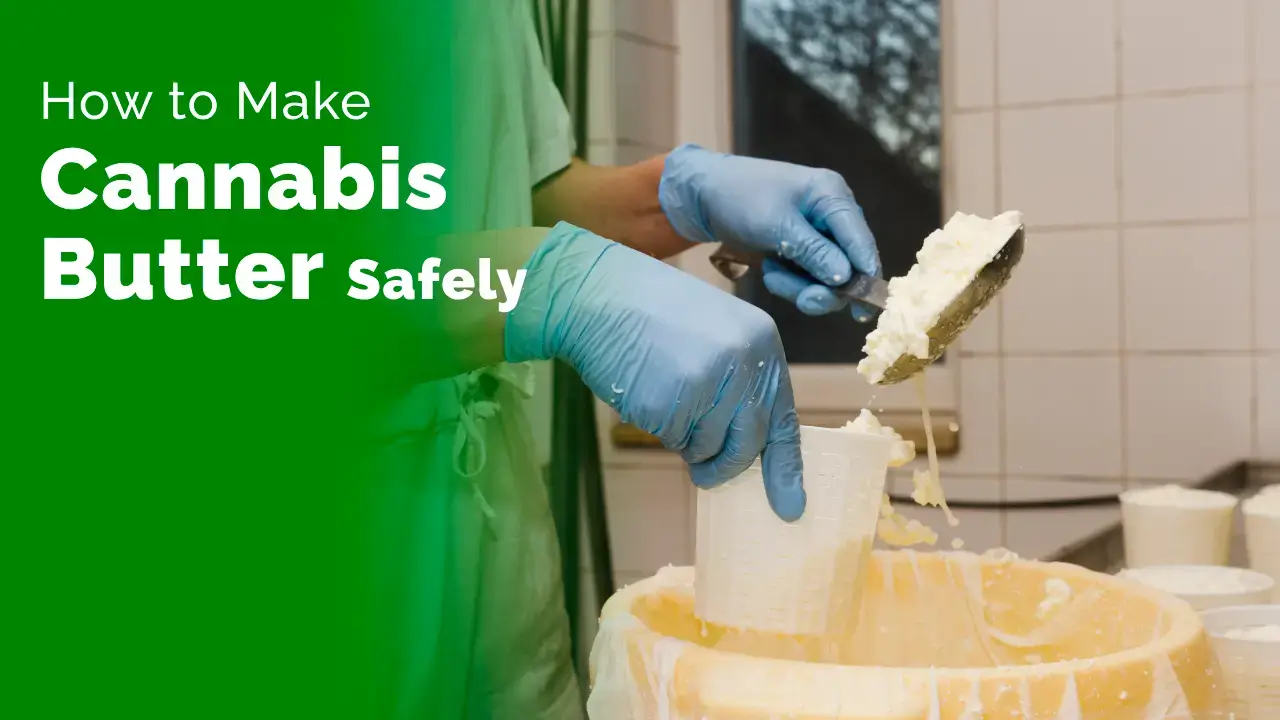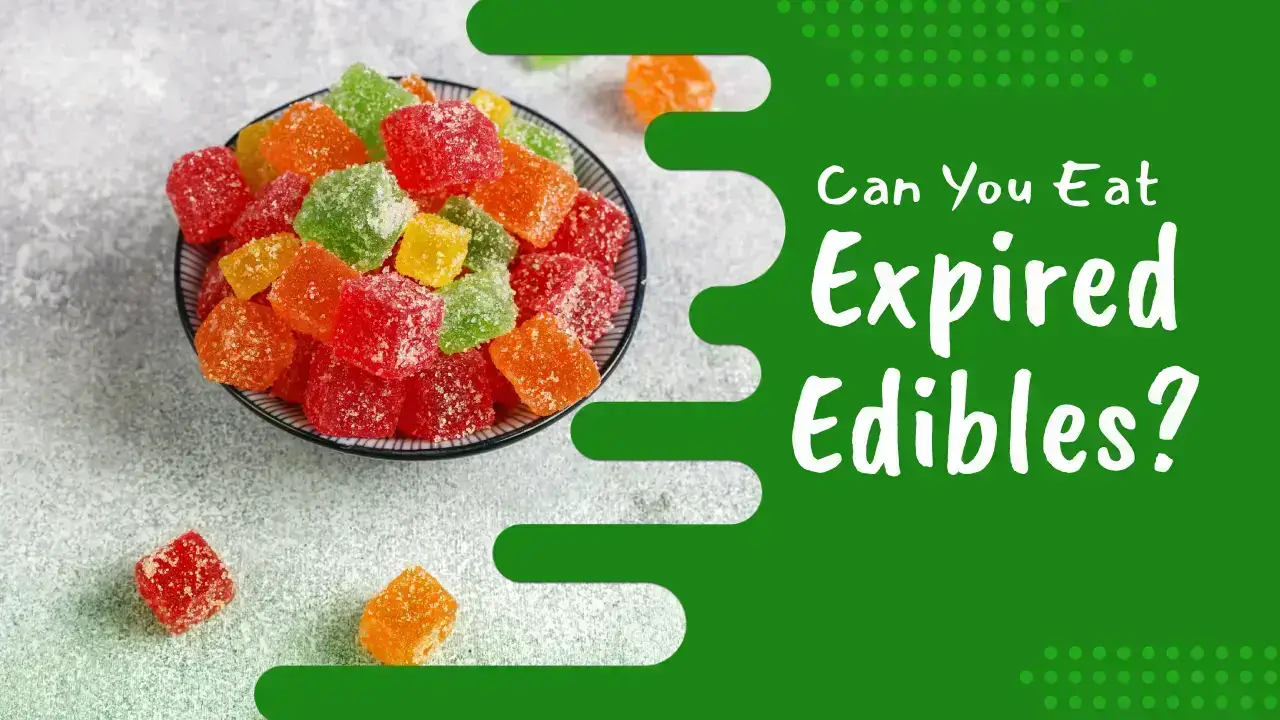There are links on this site that can be defined as affiliate links. This means that we may receive a small commission (at no cost to you) if you purchase something through the links provided on this website.
The global discourse around Cannabis has witnessed significant shifts in recent years. The spotlight is particularly on two strains under this genus – Hemp and Marijuana. Despite hailing from the same botanical family, these two variants have several distinguishing factors. This article delves into the intricate world of Hemp and Marijuana, elucidating their similarities, differences, uses, and legal standing worldwide.
Keynotes:
- Hemp and Marijuana, despite belonging to the same plant species, differ significantly in THC content, uses, and legal implications.
- Physically distinct, hemp stands tall with narrow leaves, while marijuana is shorter, bushier, and requires more space to grow.
- Hemp contains less than 0.3% THC, making it non-psychoactive, whereas marijuana typically has higher THC levels, inducing psychoactive effects.
- Hemp finds use in industries like textiles and nutrition, while marijuana is employed for medicinal purposes and recreational use, each owing to its unique properties.
Hemp vs Marijuana: A Preliminary Overview
While both Hemp and Marijuana belong to the Cannabis Sativa plant species, they exhibit substantial differences in terms of their chemical composition, uses, and legal implications.
What is Hemp?
Hemp is a non-psychoactive variant of the Cannabis Sativa species, recognized for its diverse industrial applications. It is characterized by low concentrations of Tetrahydrocannabinol (THC) — less than 0.3% — the compound responsible for inducing psychoactive effects.
What is Marijuana?
Marijuana, on the other hand, is a Cannabis Sativa plant variant known for its psychoactive properties, primarily used for recreational or medicinal purposes. It contains higher levels of THC, typically exceeding 0.3%, which triggers a “high” feeling.
Understanding the Botanical Differences: Hemp vs Marijuana
From a botanical perspective, Hemp and Marijuana exhibit several physical distinctions.
Hemp Plants: Hemp plants typically stand tall with narrow, elongated leaves, suited for dense plantation.
Marijuana Plants: Contrarily, Marijuana plants are shorter and bushier, with broad leaves, and require more space for their growth.
Despite their physical differences, both Hemp and Marijuana are versatile with potential applications spanning various sectors. However, their psychoactive effects, dictated by their THC content, set them apart significantly.
THC Content:
The primary differentiating factor between Hemp and Marijuana is their THC content. As earlier mentioned, Hemp contains less than 0.3% THC, making it non-psychoactive. Conversely, Marijuana usually possesses high THC levels, making it psychoactive.
Hemp vs Marijuana: Diverse Uses
Hemp and Marijuana find their uses in a myriad of sectors, owing to their unique properties.
Hemp Uses:
- Industrial Applications: Hemp finds extensive applications in the production of textiles, paper, building materials, bio-plastics, and biofuel.
- Nutritional Benefits: Hemp seeds are rich in protein, fiber, and healthy fats, making them a valuable addition to dietary regimes.
- Medicinal Potential: Hemp cream shows potential for alleviating chronic pain, reducing inflammation, and managing anxiety.
Marijuana Uses:
- Medicinal Applications: Marijuana is effective for managing chronic pain, nausea, vomiting, muscle spasticity, and stimulating appetite in patients with specific conditions.
- Psychoactive Effects: The substantial THC content in Marijuana induces euphoria, relaxation, and altered perception, making it popular for recreational use.
- Stress Relief: Some users also report stress reduction and anxiety relief from recreational Marijuana use.
Legal Landscape:
The legal status of Hemp and Marijuana varies across the globe, adding a layer of complexity to their understanding. While Hemp, with its low THC content, is legal in most countries, Marijuana’s legality varies significantly from complete prohibition to full legalization, depending on the nation.
CBD: The Common Link
Both Hemp and Marijuana produce Cannabidiol (CBD), a non-psychoactive compound with promising therapeutic potential. However, Hemp plants, known for their higher CBD concentrations, are increasingly used for CBD-based products.
Final Thoughts:
While both Hemp and Marijuana hold considerable potential, it is vital to consult healthcare professionals before using them for medical purposes. Moreover, it’s essential to remain aware of the local laws governing their cultivation and use.
FAQs
Is Hemp the same as Marijuana?
While Hemp and Marijuana both belong to the Cannabis Sativa species, they are different in terms of their THC content, uses, and legal implications.
Is Hemp better to smoke?
No, smoking Hemp is not advisable. Despite containing trace amounts of THC, Hemp is not intended for smoking and does not produce psychoactive effects like Marijuana.
Which is stronger, CBD or Hemp?
Neither CBD nor Hemp can be classified as “stronger” since these terms don’t directly compare. CBD is a specific compound found in both Hemp and Marijuana, while Hemp is the entire plant. However, Hemp usually contains higher concentrations of CBD than Marijuana.
What is Hemp used for?
Hemp has a multitude of uses, ranging from industrial applications like textiles, paper, building materials, food, and in the medical field for pain relief, inflammation reduction, and various skin conditions.
Why is Hemp better?
Hemp offers several advantages such as sustainability, versatility, eco-friendliness, non-psychoactive properties, and nutritional benefits.
Remember, while Hemp and Marijuana both offer numerous benefits, always consult healthcare professionals before using them for medical purposes. Moreover, the legality of Hemp cultivation and products varies by region, so always follow local regulations.

